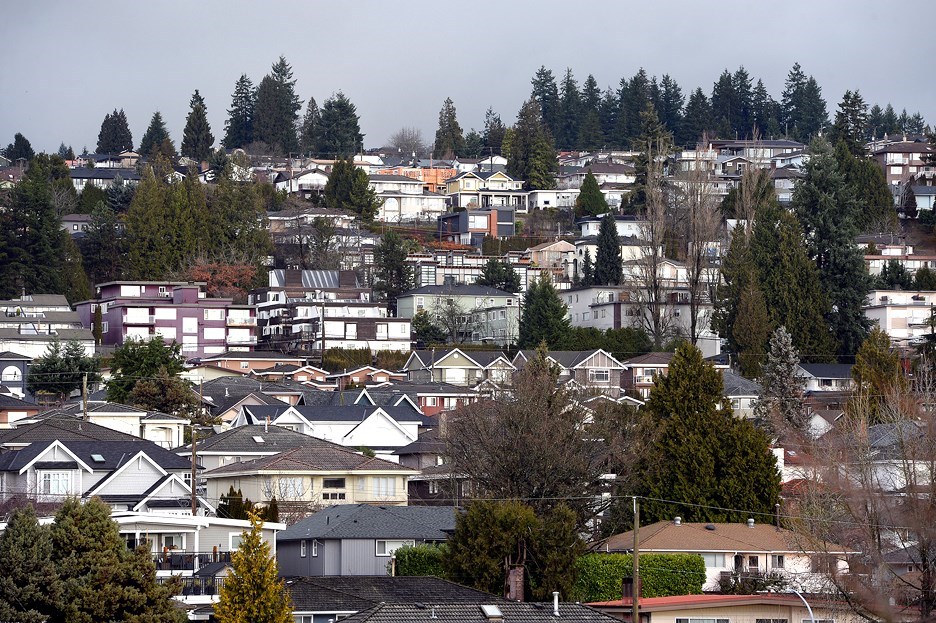Housing prices across Burnaby are continuing to drop because of high-interest rates caused by inflation, a new report says.
The Real Estate Board of Greater Vancouver (REBGV) said in November, regional residential sales totalled 1,614 last month, a 52.9 per cent decline from the 3,428 sales that were seen in November of 2021.
November's numbers were also a 15.2 per cent drop from 1,903 homes sold in October of this year.
“With the most recent core inflation metrics showing a stubborn reluctance to respond significantly to the furious pace of rate increases, the Bank of Canada may choose to act more forcefully to bring inflation back toward target levels.” REBGV director of economics and data analytics Andrew Lis said in a news release.
“While it’s always difficult to predict what the bank will do with certainty, this persistent inflationary backdrop sets up the December 6 rate announcement to be yet another increase, making holiday-season home purchases something many people may end up foregoing this year.”
In Burnaby, residential/composite prices in Burnaby East were recorded at a benchmark price of $1,107,700 in November (-1.6 per cent compared to October of 2022), $982,500 in Burnaby North (-1.2 per cent compared to October of 2022) and $1,055,700 in Burnaby South (-0.8 per cent compared to October of 2022).
Single family detached house prices in Burnaby all saw drops last month, with Burnaby South at a benchmark price of $2,028,700 (-1.9 per cent compared to October of 2022), $1,922,100 in Burnaby North (-1.3 per cent compared to October of 2022) and $1,765,600 in Burnaby East (-3.4 per cent compared to October of 2022).
"Heading into 2023, the market continues the trend of shifting toward historical averages and typical seasonal norms,” Lis added.
"Whether these trends continue will depend on looming economic factors and forthcoming housing policy measures on the horizon, which hold the potential to reignite uncertainty in our market.
“With that said, from a long-term structural standpoint, the current pace of listings and available inventory remain relatively tight when considered against a backdrop of continued in-migration to the province. With the recently announced increase in federal immigration targets, the state of available supply in our market remains one demand surge away from renewed price escalation, despite the inflationary environment and elevated mortgage rates.”
Areas covered by the REBGV include Burnaby, Coquitlam, Maple Ridge, New Westminster, North Vancouver, Pitt Meadows, Port Coquitlam, Port Moody, Richmond, South Delta, Squamish, Sunshine Coast, Vancouver, West Vancouver and Whistler.

-edit.jpg;w=120;h=80;mode=crop)